When it comes to choosing the right fabric composition for your clothing, understanding the differences between various materials is important. Among the many options available, CVC fabric and 100% cotton are two popular choices that often leave you wondering which is better. In this article, we will dive deep into the differences between CVC fabric and 100% cotton, helping you make an informed decision for your next fabric purchase.
Table Of Contents
CVC Fabric
The word CVC refers to Chief Value Cotton. Where the proportion of cotton is more prominent than that of other blended fibers, most of the time CVC fabric is made with a blend of polyester fiber. Common CVC fabric used in the industry is 55/45 CVC (55% Cotton, 45% Polyester), 60/40 CVC (60% cotton, 40% polyester), 57/43 CVC (57% Cotton 43% Polyester), and 80/20 CVC (80% cotton, 20% polyester).
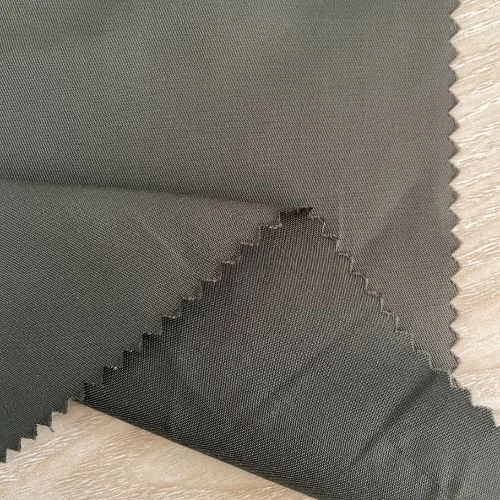
The exact ratio can vary, but the key point is that cotton is the primary component, making it feel more natural compared to other synthetic blends. Most of the time cotton fiber is mixed with other fibers, particularly synthetics.
Viscose, rayon, nylon, or any fiber could be blended with cotton fabric to increase functionality. This blending enhances cotton-like fabrics with improved functionality, such as breathability, moisture-wicking property wrinkle resistance, and dimensional stability.
Learn More: What is CVC fabric?
100% Cotton Fabric
100% cotton is exactly what it sounds like - fabric made entirely from cotton. No contamination or blending is used, only original cotton is used to produce a fabric.
Example: 100% Cotton Crepe Fabric
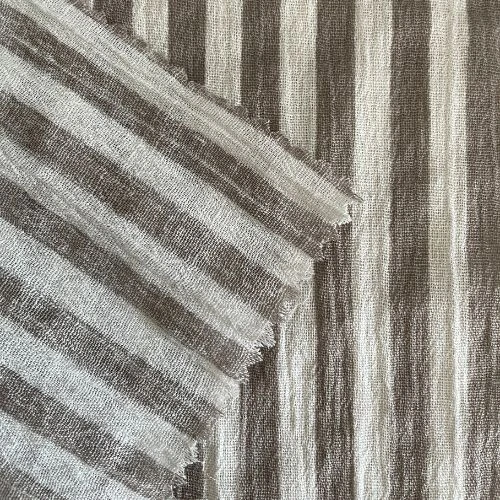
There are a few drawbacks of 100% cotton fabric.
Drawbacks of 100% Cotton
- Wrinkling: One of the downsides of 100% cotton is that it tends to wrinkle easily. This can be a drawback if you're looking for low-maintenance clothing.
- Durability: While cotton is strong, it is not as durable as fabrics with synthetic blends like CVC. Over time, pure cotton garments may wear out faster.
- Shrinkage: Cotton fabrics can shrink when washed, especially if not pre-shrunk before being sold.
To overcome these drawbacks, CVC fabric is introduced into the market with better functionality.
CVC fabric vs 100% cotton
|
Feature |
CVC Fabric |
100% Cotton |
|
Composition |
The blend of cotton (55-80%) and polyester (20-45%). |
Made entirely from natural cotton fibers. |
|
Durability |
More durable due to its polyester content. |
Less durable; may wear out faster over time. |
|
Wrinkle Resistance |
Resistant to wrinkles, maintains shape better. |
Prone to wrinkling, it requires more maintenance. |
|
Softness |
Soft, but not as soft as 100% cotton. |
Extremely soft, gentle on the skin |
|
Breathability |
Decent breathability, but less than 100% cotton. |
Excellent breathability, ideal for warm climates. |
|
Moisture Wicking |
Moderate moisture absorption. |
High moisture absorption keeps you dry. |
|
Hypoallergenic |
May cause allergies due to polyester. |
Hypoallergenic, suitable for sensitive skin. |
|
Shrinkage |
Less prone to shrinkage |
Prone to shrinkage, especially if not pre-shrunk |
|
Environmental Impact |
Contains synthetic polyester, less eco-friendly. |
Biodegradable, but cotton farming has environmental impacts. |
|
Cost |
Generally more affordable |
Typically more expensive |
|
Applications |
Ideal for uniforms, workwear, and budget-conscious products. |
Best for clothing, bed linens, and items worn close to the skin. |
Which Fabric Should You Choose?
Assessing Your Needs
The choice between CVC fabric and 100% cotton ultimately depends on your specific needs and preferences.
If you prioritize comfort, breathability, and natural fibers, 100% cotton is the way to go. It's the best choice for clothing that will be worn close to the skin, especially in warm weather.
Properties of 100% Cotton
- Softness: Cotton is renowned for its soft and comfortable texture, making it a favorite for garments that are worn close to the skin.
- Breathability: One of the key benefits of 100% cotton is its breathability. Cotton allows air to circulate, keeping you cool and comfortable in warm weather.
- Hypoallergenic: Cotton is a natural fiber and is less likely to cause allergic reactions, making it suitable for people with sensitive skin.
- Moisture Absorption: Cotton has excellent moisture-wicking properties, absorbing sweat and keeping you dry.
- Biodegradable: As a natural fiber, cotton is biodegradable, making it an environmentally friendly choice.
On the other hand, if durability, wrinkle resistance, and affordability are more important to you, CVC fabric might be the better option. It's a versatile fabric that offers a good balance of comfort and durability, making it ideal for everyday wear and workwear.
Properties of CVC Fabric
- Durability: The addition of polyester makes CVC fabric more durable than 100% cotton. It resists wear and tear, which is why it's often used in items like uniforms and workwear.
- Wrinkle Resistance: Thanks to the polyester content, CVC fabric is less prone to wrinkling compared to pure cotton.
- Comfort: Despite being a blend, CVC fabric retains much of the softness and comfort associated with cotton.
- Breathability: While not as breathable as 100% cotton, CVC fabric still offers decent airflow, making it suitable for everyday wear.
- Cost-Effective: CVC fabric is often more affordable than 100% cotton, making it a popular choice for budget-conscious consumers.
Consider the Application
When choosing between CVC fabric and 100% cotton, consider the application. For example, if you're purchasing bed linens, 100% cotton might be the best choice for its softness and breathability. However, for items like uniforms or workwear that need to withstand heavy use, CVC fabric's durability could make it a better option.
When to Choose CVC Fabric
CVC fabric is a great choice for:
- Activewear: The blend of cotton and polyester provides moisture-wicking properties and durability.
- Everyday wear: It's versatile and can be used for a variety of clothing items.
- Budget-friendly options: If you want the comfort of cotton without the high price tag.
When to Choose 100% Cotton
100% cotton is ideal for:
- Sensitive skin: Its hypoallergenic properties make it gentle on the skin.
- Hot weather: Its breathability keeps you cool and comfortable.
- Luxury items: If you want the ultimate in softness and comfort.
Conclusion
Choosing between CVC fabric and 100% cotton depends on your personal preferences and needs. If you prioritize comfort and breathability, 100% cotton is the way to go. If you need a fabric that's durable, wrinkle-resistant, and affordable, CVC is a great option. Ultimately, the best way to decide is to feel the fabric for yourself and see what you like best.



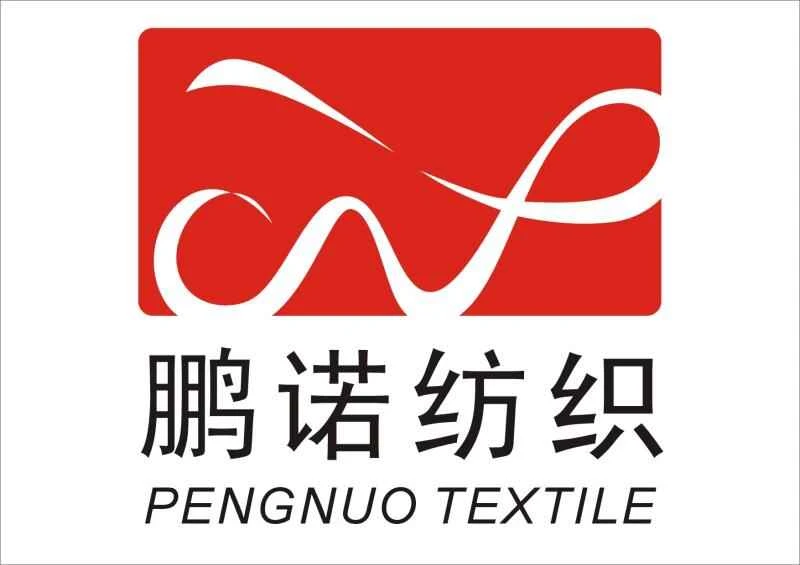

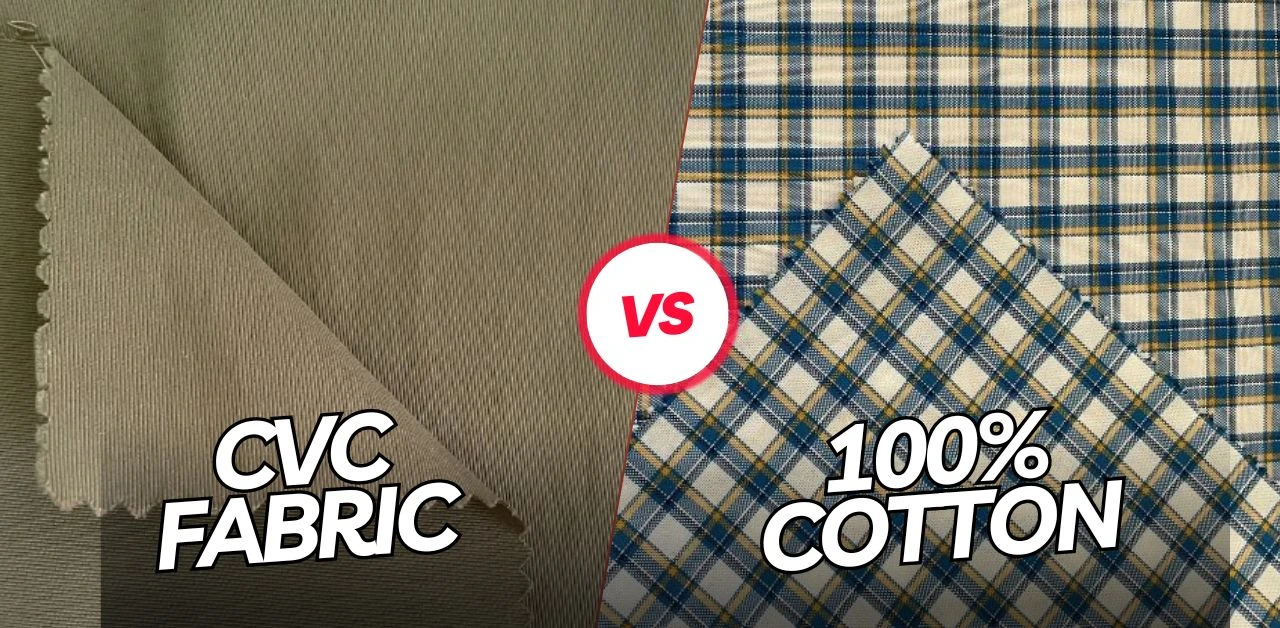
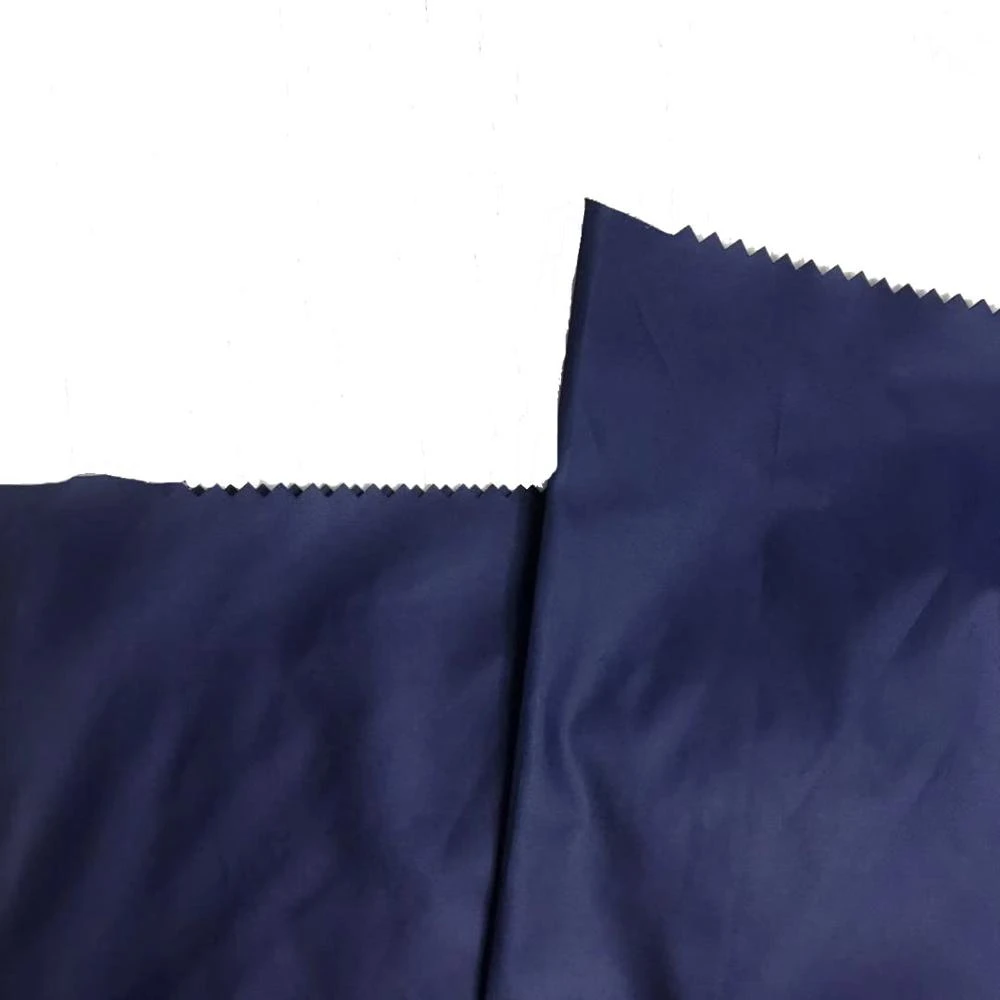
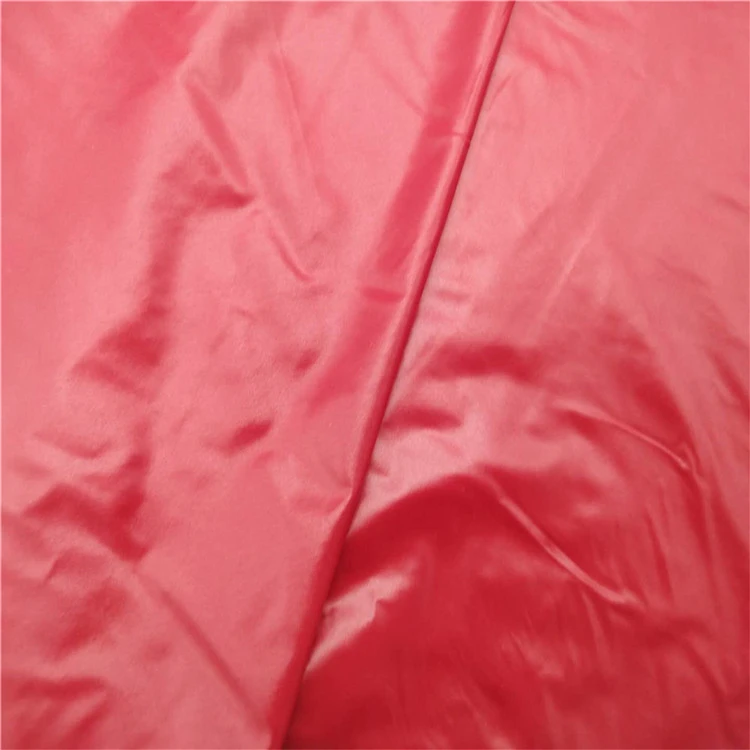
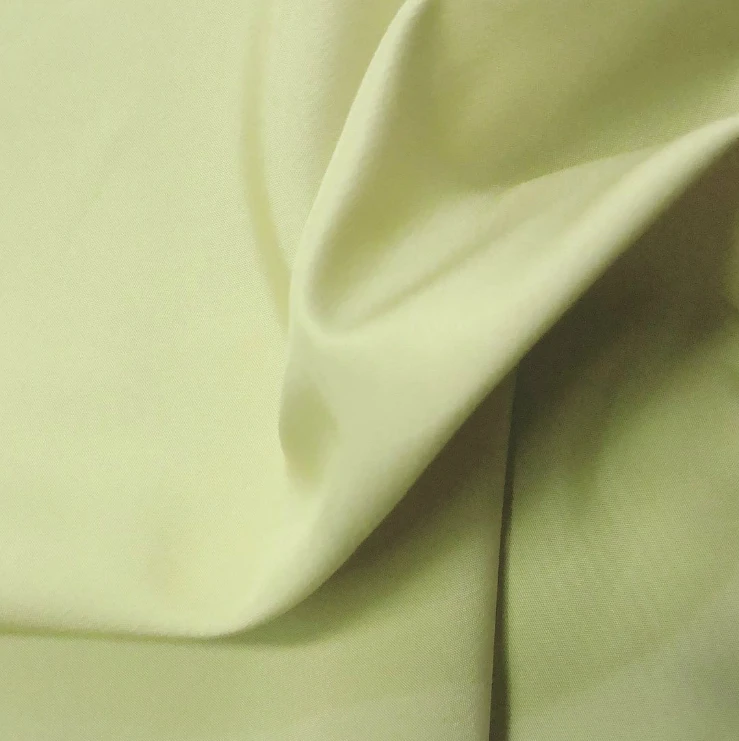
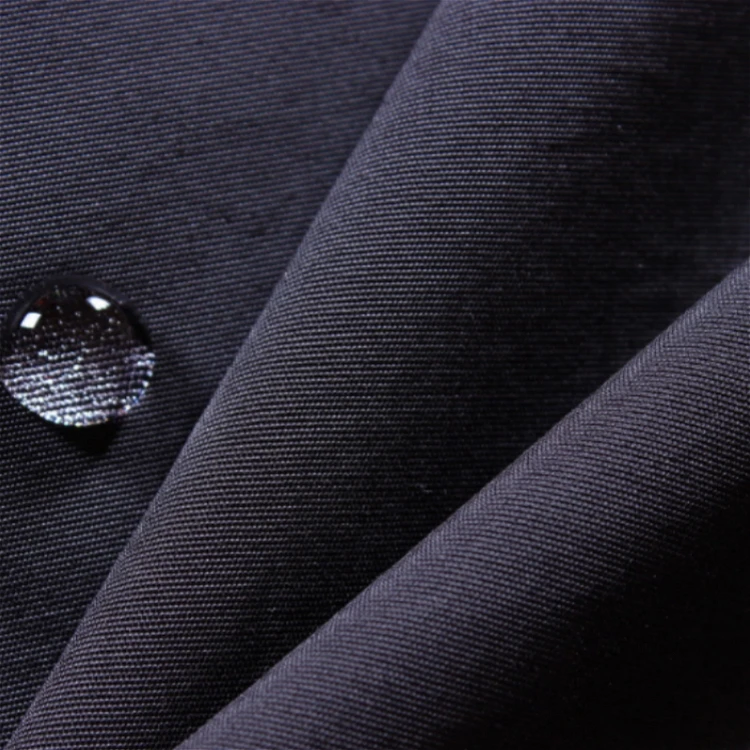
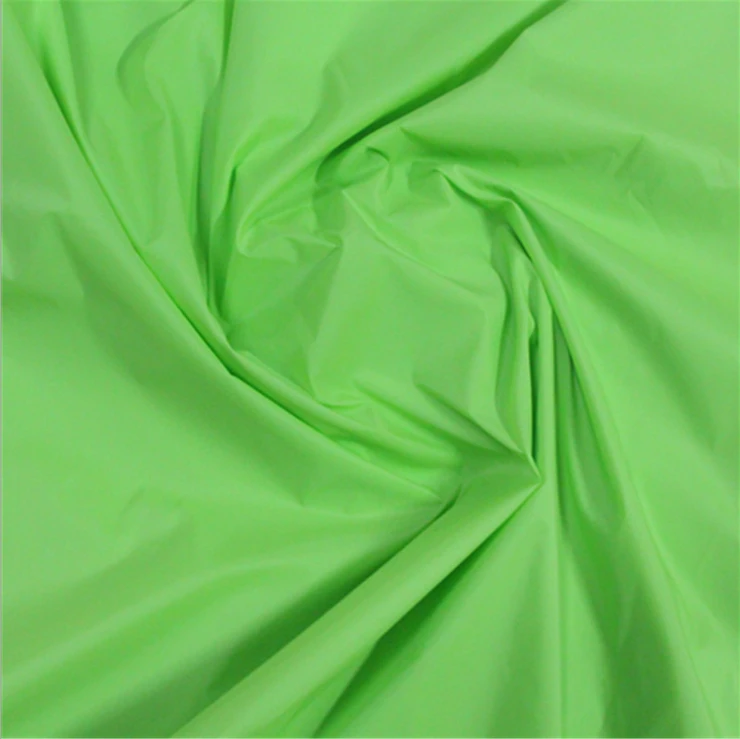

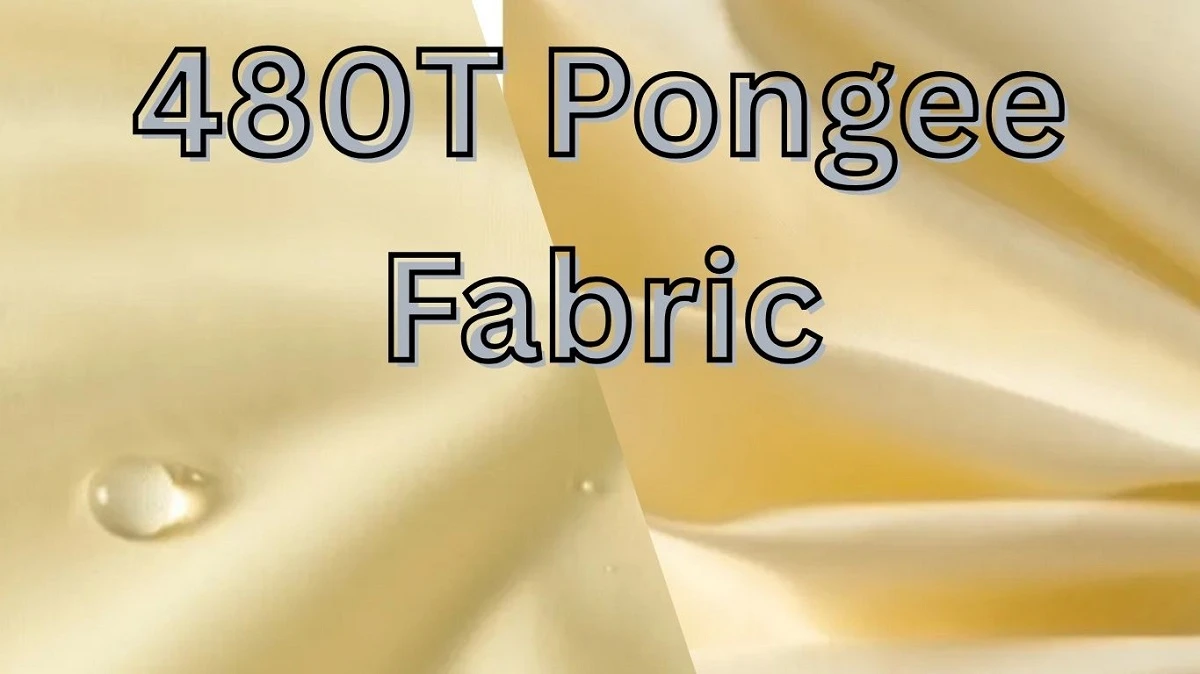
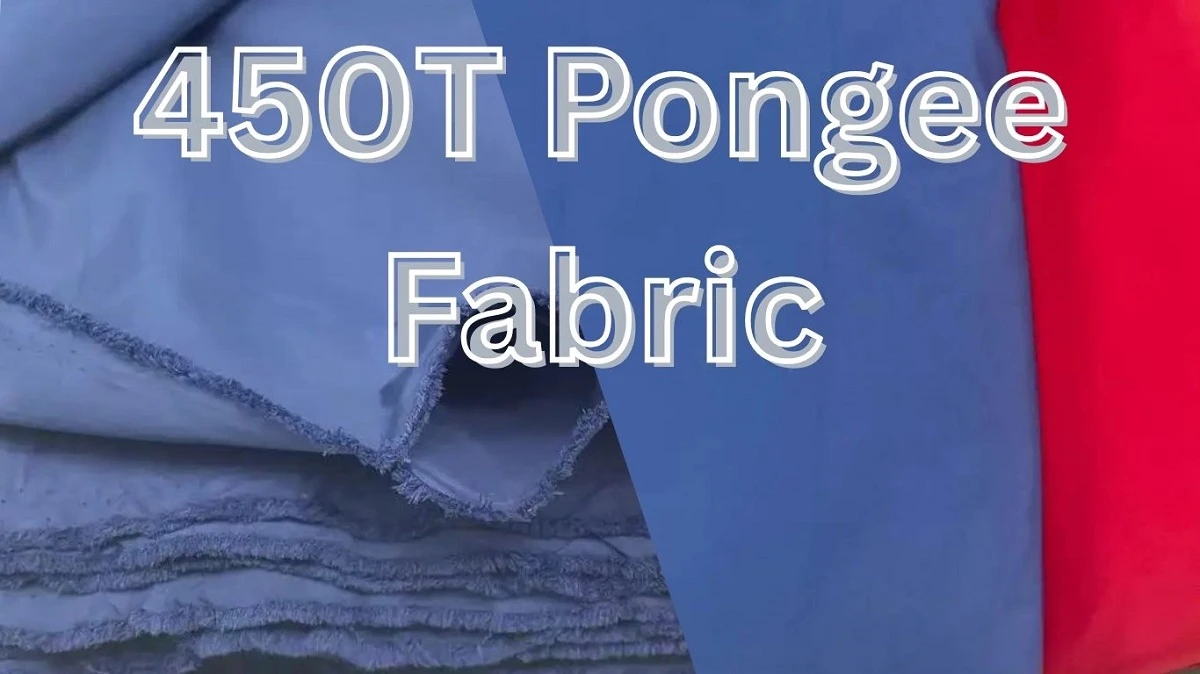
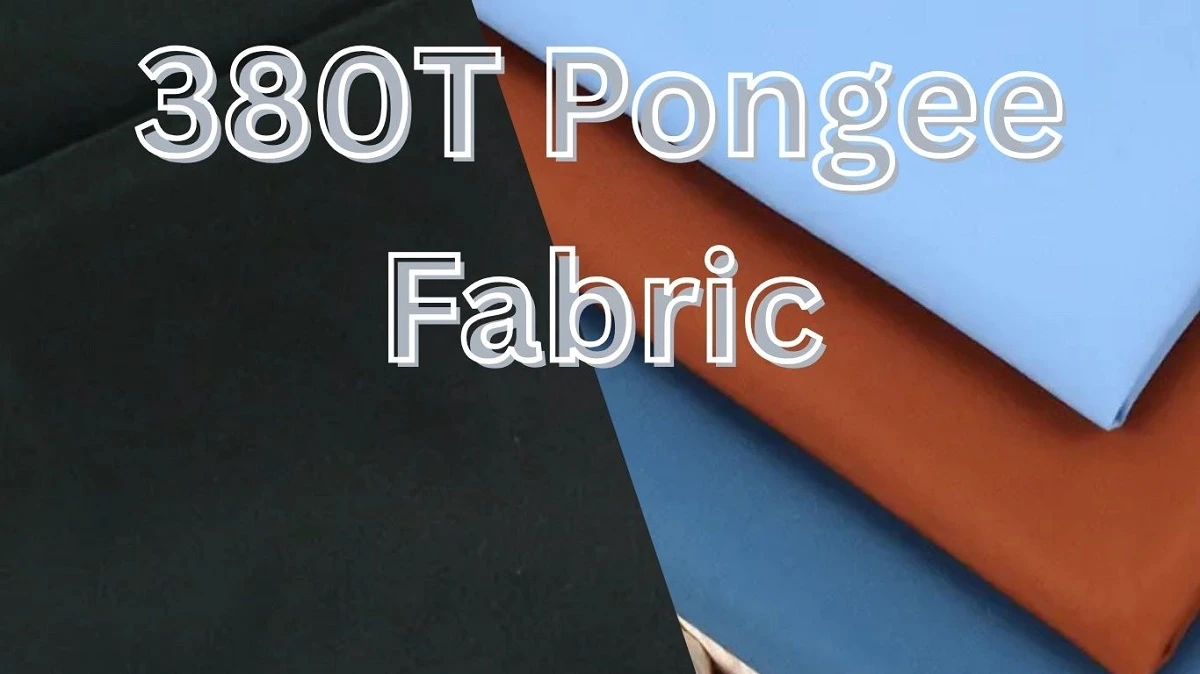
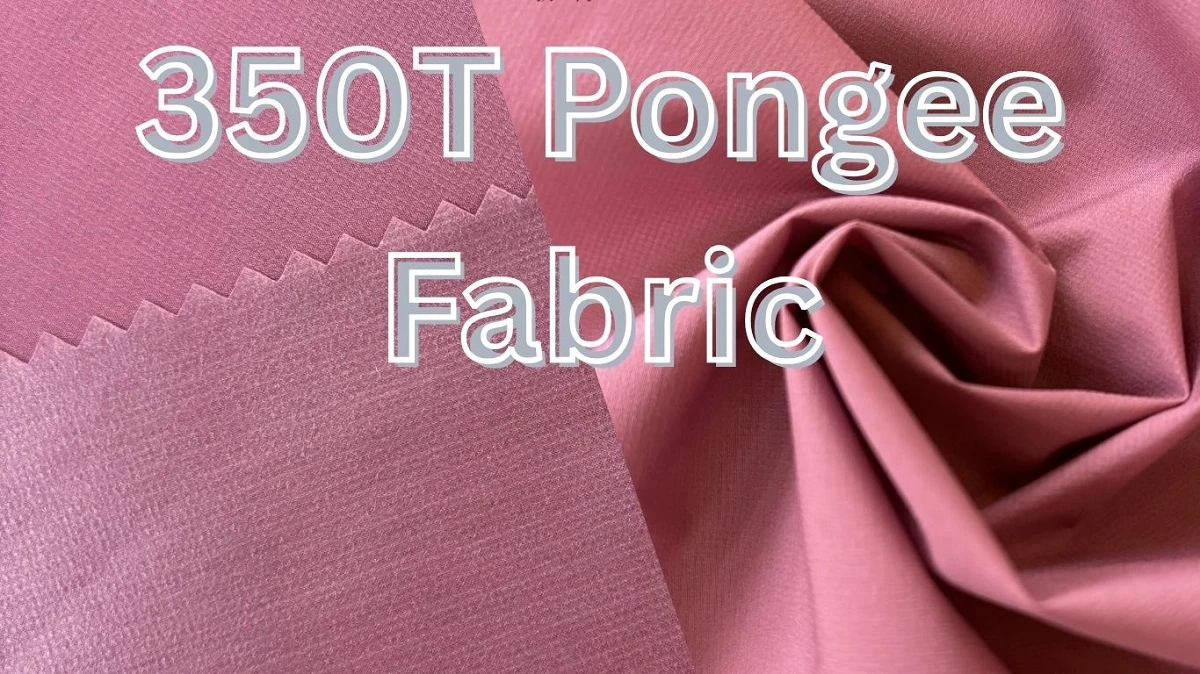
Comments - 00
Leave A Reply
Thanks for choosing to leave a comment.